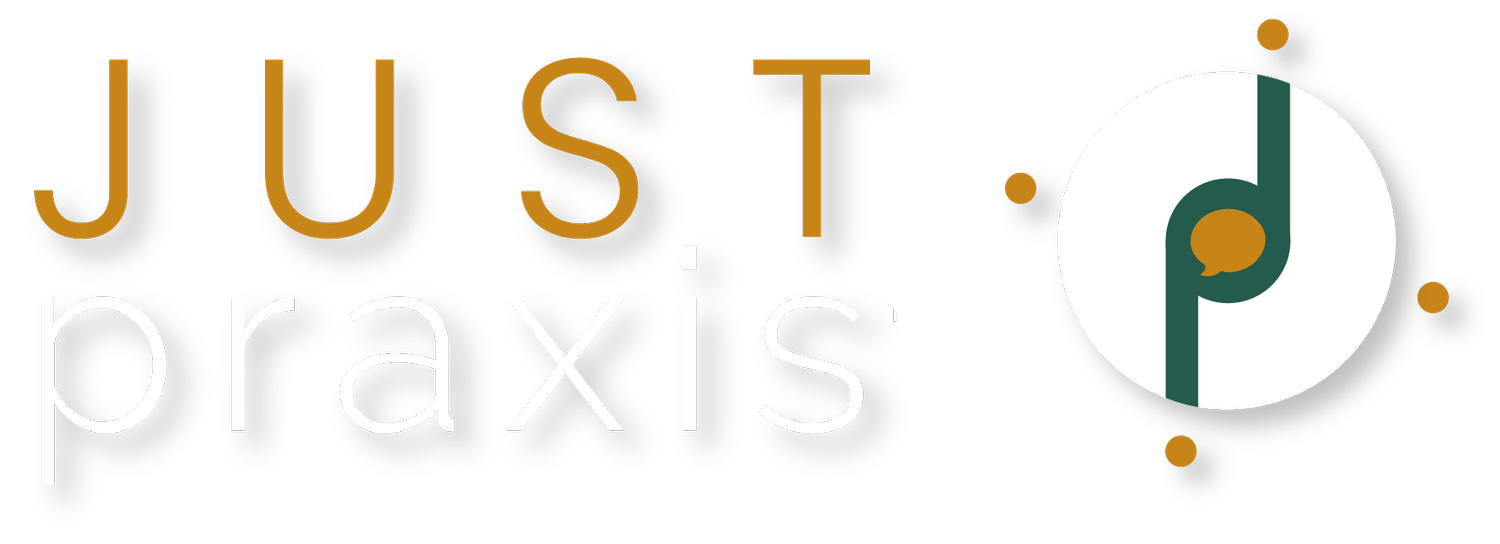Getting to the First Meeting
Here is one of the biggest lessons we’ve learned so far on this journey: The success of a Community of Practice is directly correlated to the behind-the-scenes work by the facilitator(s) before the first meeting ever happens.
That doesn’t mean all is lost if the first meeting doesn’t go exactly as planned. But people are very busy. They will come to the first meeting with a diversity of lived and professional experiences, knowledge, skills, needs, and expectations. Not everyone will have the same understanding of what trauma is, what it means to be “trauma-informed,” or the concept of a community of practice. And in contexts where the facilitator(s) does not have a pre-existing relationship with the participants, and/or participants don’t know each other, there is an even higher likelihood of mismatched expectations.
In preparing for the first meeting of the TIP CoP, we were very aware of these factors, so much of our thinking centered on the following questions:
1. Who might attend the first meeting?
From the outset, we promoted the TIP CoP as open to legal professionals, workplace investigators, and law students. Nevertheless, we couldn’t predict the mix of practice areas, years of experience, etc., that participants would bring with them. Therefore, we knew we had to be both flexible and intentional in our design for the first meeting. We didn’t want anyone to walk away feeling like their perspective and experience didn’t matter. At the same time, we wanted to ensure most - ideally, all! - participants would find the experience valuable and return for the second session. Definitely not an easy balance to strike when we didn’t even know who would register and actually attend that first session.
2. What were our intentions in launching this initiative? How would/should those intentions shape the way the community of practice evolved?
There were so many more questions in the same vein:
What was our vision 3, 6, or 12 months down the road?
What exactly was our role in “setting the agenda” (literally and figuratively) for the community of practice?
How were we hoping participants would contribute to the community of practice?
Were these hopes realistic?
And were each of us - Susan and Monica - on the same page?
All of these discussions were essential and very helpful, especially where we didn’t agree. They allowed us to articulate our individual hopes and worries, what commitment we were each making to the initiative, and what we needed from each other. We also committed to having this discussion at regular intervals.
3. What might participants expect from the first meeting?
We knew right off the bat that the concept of a “community of practice” would be new to at least some participants:
Some would be expecting a presentation or lecture-style webinar about trauma-informed practice, rather than a facilitated group exercise and discussion designed with specific outcomes in mind.
Others might expect a peer support group, a place for participants to share their personal challenges with trauma.
Still others would have preconceived notions we couldn’t possibly predict and expectations we would not be able to fulfill.
This realization led us to the next question below.
4. How would we manage (or at least try to manage) participant expectations in the lead-up to and at the first meeting?
After much reflection, we wanted to make sure participants understood the following:
We are not psychologists, counsellors, academics or researchers with expertise in trauma and trauma-informed approaches.
The goal of the TIP CoP was to help participants to translate theory to practice in their everyday work through a shared learning process.
Although we were organizing and facilitating the first few sessions, we were committed to co-creating the community of practice with them.
To that end, we made it a priority to:
Share information ahead of time about the purpose of a community of practice.
Include a discussion about healthy boundaries, group norms, and professional responsibilities and ethics in the agenda for the first meeting.
Invite participants into the co-creation process right away.
Did it all go as planned? NOPE! And yet, there was still a second meeting, then a third, a fourth … and here we are, over a year later. No doubt we’d change things up if we could go back and do it all over again. But there is great value in an iterative process of learning, which is what a community of practice is all about. That’s why our next post is a reflection on how that first meeting of the TIP CoP actually went. We hope you’ll check it out!
Monica Chohan & Susan O’Neil
Founders of justpraxis.com

